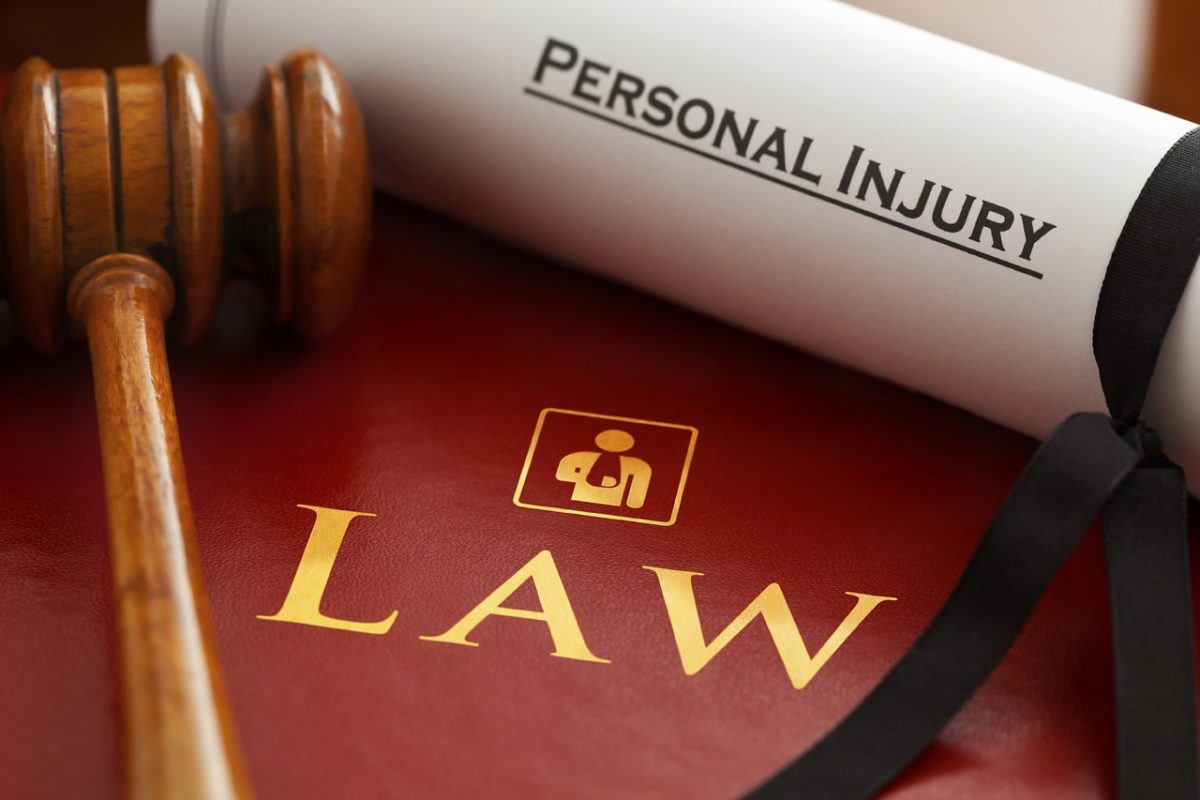When can you sue for “pain and suffering” damages?
Damages are an important part of a personal injury case; after all, if there’s no “injury,” then there’s no certainly no personal injury case.
But along with damages for financial losses such as damage to property, lost wages, medical bills, personal injury suits may sometimes include damages for “pain and suffering,” which puts a monetary value on current, past and future mental and physical pain suffered by a plaintiff.
Here’s a general overview as to how this works:
Pain and Suffering Caused by Physical Injury
The most common type of injury that leads to an award of pain and suffering damages is a severe physical injury that causes mental or physical suffering for a period of time following an incident. For example, a head injury suffered in a car crash that results in a persistent headaches and emotional problems could potentially lead to the awarding of pain and suffering damages.
Although there are no set standards for determining an award for pain and suffering, a jury will typically take several factors into consideration:
- The severity of the injury. Injuries that result in long-term debilitation or constant pain will more likely to require compensation for pain and suffering.
- The age of the victim. An injury to a young person may garner a larger award, as the effects of the injury will be endured for a longer period of time.
- The degree of suffering. Significant pain at the time of injury, especially if it continues long afterwards, can also result in pain and suffering damages. On the other hand, simply being bothered or annoyed by an injury will not likely suffice.
Juries are often asked to use their best judgment in coming up with the amount of a pain and suffering award, since there is no way to accurately quantify the value of a plaintiff’s pain and suffering, Keep in mind, however, that some states have instituted damage caps that place an upper limit on the amount of pain and suffering damages that may be awarded.
Pain and Suffering for Non-Physical Injuries?
Although pain and suffering damages can be awarded for mental anguish, they are typically reserved for mental or emotional pain caused by a physical injury. So if you suffered only emotional damages — such as fear, anxiety, or shame — then pain and suffering damages may not be awarded unless the defendant’s conduct was extreme or outrageous.
However, every case presents its own unique set of facts. If you are injured and want to know what types of damages to seek in your case, contact an experienced personal injury attorney at the Law Offices of Zappettini and Bradley to explore your legal options.

